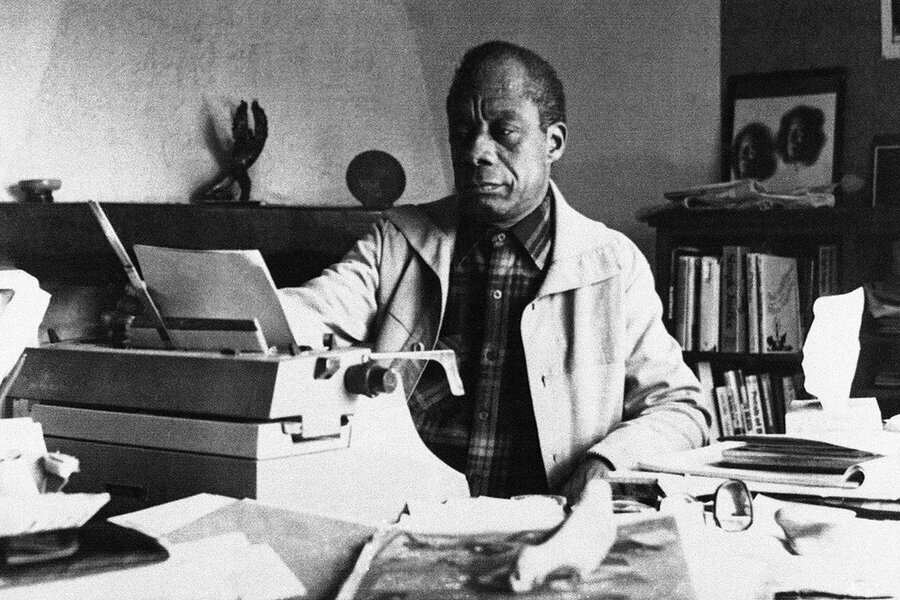Episodes
Monday Apr 29, 2019
Monday Apr 29, 2019
In part 3 of my review of Philip K. Dick's A SCANNER DARKLY we follow Bob Arctor as he descends into the ultimate of paranoia and addiction by investigating himself. Is this is metaphor for the ultimate fate of the surveillance state? Of course.
Monday Apr 29, 2019
Episode 309: Young Politician Lincoln (to 1844)
Monday Apr 29, 2019
Monday Apr 29, 2019
A new series and a new phase in American political thought. In this episode we meet Abraham Lincoln as a young Whig politician in the 1830s and early 1840s.
Friday Apr 26, 2019
Friday Apr 26, 2019
As we get deeper into Philip K. Dick's A SCANNER DARKLY we see just how deeply paranoia runs in a world governed by the police state. But just how much of the paranoia is justified? And how paranoid is the state compared to the people it tries to control?
Friday Apr 26, 2019
Episode 308: Tocqueville Finale (Democracy in America, Part 8)
Friday Apr 26, 2019
Friday Apr 26, 2019
The finale to my extended review of Alexis de Tocqueville's DEMOCRACY IN AMERICA.
Monday Apr 22, 2019
Monday Apr 22, 2019
The first of five episodes covering Philip K. Dick's A SCANNER DARKLY. This novel has some of his most bleak and powerful images of life in late capitalist California and his prescience on failed war on drugs is astounding. One of his best novels.
Monday Apr 22, 2019
Episode 307: Democratic Mores (Democracy in America, Part 7)
Monday Apr 22, 2019
Monday Apr 22, 2019
In part 7 of my review of Alexis de Tocqueville's DEMOCRACY IN AMERICA we get to the heart of the argument about social relations, gender, family, and other aspects of the mores of democratic culture. It is the most fascinating and perhaps relevant part of the book covering everything from how democracies fight wars to how they raise daughters.
Wednesday Apr 17, 2019
Episode 306: Tocqueville on American Individualism (Democracy in America, Part 6)
Wednesday Apr 17, 2019
Wednesday Apr 17, 2019
In part 6 of my review of Alexis de Tocqueville's DEMOCRACY IN AMERICA we look at his views on egoism and individualism as well as their impact on American culture and intellect. Is individualism good? What will individualism coming through democracy mean to the aristocratic cultures of Europe?
Wednesday Apr 17, 2019
Wednesday Apr 17, 2019
In the 1975 short story (unpublished in his life) "The Eye of the Sibyl", Philip K. Dick writes about himself and his fiction and the Roman oracle. A good preview of the type of thinking that dominated the later part of his life.
Sunday Apr 14, 2019
Sunday Apr 14, 2019
We jump into volume 2 of Alexis de Tocqueville's DEMOCRACY IN AMERICA, where he begins to look at the mind of a democracy. He starts with its intellectual culture. It is not all pretty. Is banality the cost of democracy?
Sunday Apr 14, 2019
Sunday Apr 14, 2019
I complete my look at the odd novel DEUS IRAE by Philip K. Dick and Roger Zelazny in this episode. The core idea of a religious pilgrimage in a shattered world is pretty interesting, if not very well executed here. The secret identity subplot does create some tension toward the end.
Wednesday Apr 10, 2019
Episode 304: Tocqueville on Slavery in America (Democracy in America, Part 4)
Wednesday Apr 10, 2019
Wednesday Apr 10, 2019
As we continue our push through Alexis de Tocqueville's DEMOCRACY IN AMERICA and come to the end of volume 1, we explore what he had to say about the threats to American democracy due to slavery.
Wednesday Apr 10, 2019
Philip K Dick Book Club: Episode 138.1: Post-Apocalyptic Gnostics (Deus Irae, Part 1)
Wednesday Apr 10, 2019
Wednesday Apr 10, 2019
In this episode, I take on the first half of DEUS IRAE by Philip K. Dick and Roger Zelanzy. It is an odd novel that has a host of narrative and tone issues, but as with all of Dick's novels is always interesting. There are some important previews of the VALIS trilogy themes in this book.
Sunday Apr 07, 2019
Sunday Apr 07, 2019
Part three of my review of Alexis de Tocqueville's DEMOCRACY IN AMERICA. In this part, he begins looking at federalism and its benefits to the American system of government and democracy overall. He also begins looking at the threats facing democracy and explores whether parties are one of those threats.
Sunday Apr 07, 2019
Sunday Apr 07, 2019
Is is better to be married or a "crap artist" a bit off his rocker? Dick tries to answer this question in his splendid mainstream novel CONFESSIONS OF A CRAP ARTIST. In this episode I finish off my analysis of this book.
Thursday Apr 04, 2019
Episode 302: Tocqueville on American Local Government (Democracy in America, Part 2)
Thursday Apr 04, 2019
Thursday Apr 04, 2019
Part two of my review of Alexis de Tocqueville's DEMOCRACY IN AMERICA. Here we focus on his views of local and state governments in American democracy.
Thursday Apr 04, 2019
Thursday Apr 04, 2019
In part 3 of my review of CONFESSIONS OF A CRAP ARTIST, we watch was one family collapses and another emerges in its wake. The horror of the eternal return of married life is the theme of this splendid novel.

